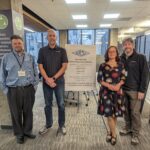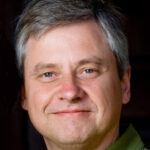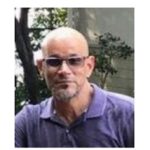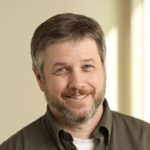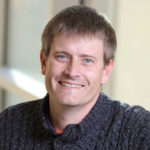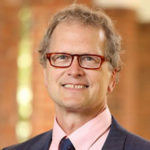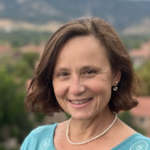Steven M. Bowers received the B.S. degree in electrical engineering from the University of California at San Diego, La Jolla, CA, USA, in 2007, and the M.S. and Ph.D. degrees in millimeter- wave circuits and systems from the California Institute of Technology, Pasadena, CA, USA, in 2009 and 2014, respectively. In August 2014, he joined the faculty of the Charles L. Brown Department of Electrical and Computer Engineering, University of Virginia, Charlottesville, VA, USA, where he is currently an Associate Professor. His research interests include holistic integration of high-frequency analog circuits, advanced digital circuits, novel electromag- netic structures and integrated silicon photonics to enable the next generation of millimeter-wave applications, specifically in adaptive and self-healing millimeter-wave circuits and millimeter-wave power generation, radiation, and detection.
Dr. Bowers is a member of IEEE HKN and TBP. He was the recipient of the California Institute of Technology’s Institute Fellowship (2007), the Analog Devices Outstanding Student Designer Award (2009), the IEEE RFIC Symposium Best Student Paper Award (2012), the IEEE Microwave Theory and Techniques Society (IEEE MTT-S) International Microwave Symposium (IMS) Best Student Paper Award (2013), and the 2015 IEEE MTT-S Microwave Prize.
Education:
B.S. University of California, San Diego, 2007
M.S. California Institute of Technology, 2009
Ph.D. California Institute of Technology, 2014
Post-Doc California Institute of Technology, 2013-2014
Awards:
- IEEE MTT-S Microwave Prize, 2015
- IEEE International Microwave Symposium Best Student Paper Award, 2013
- IEEE Radio Frequency Integrated Circuits Conference Best Student Paper Award, 2012
Research Interests:
- Internet of Things
- Millimeter-Wave and Terahertz Electronics
- Low Power Design

